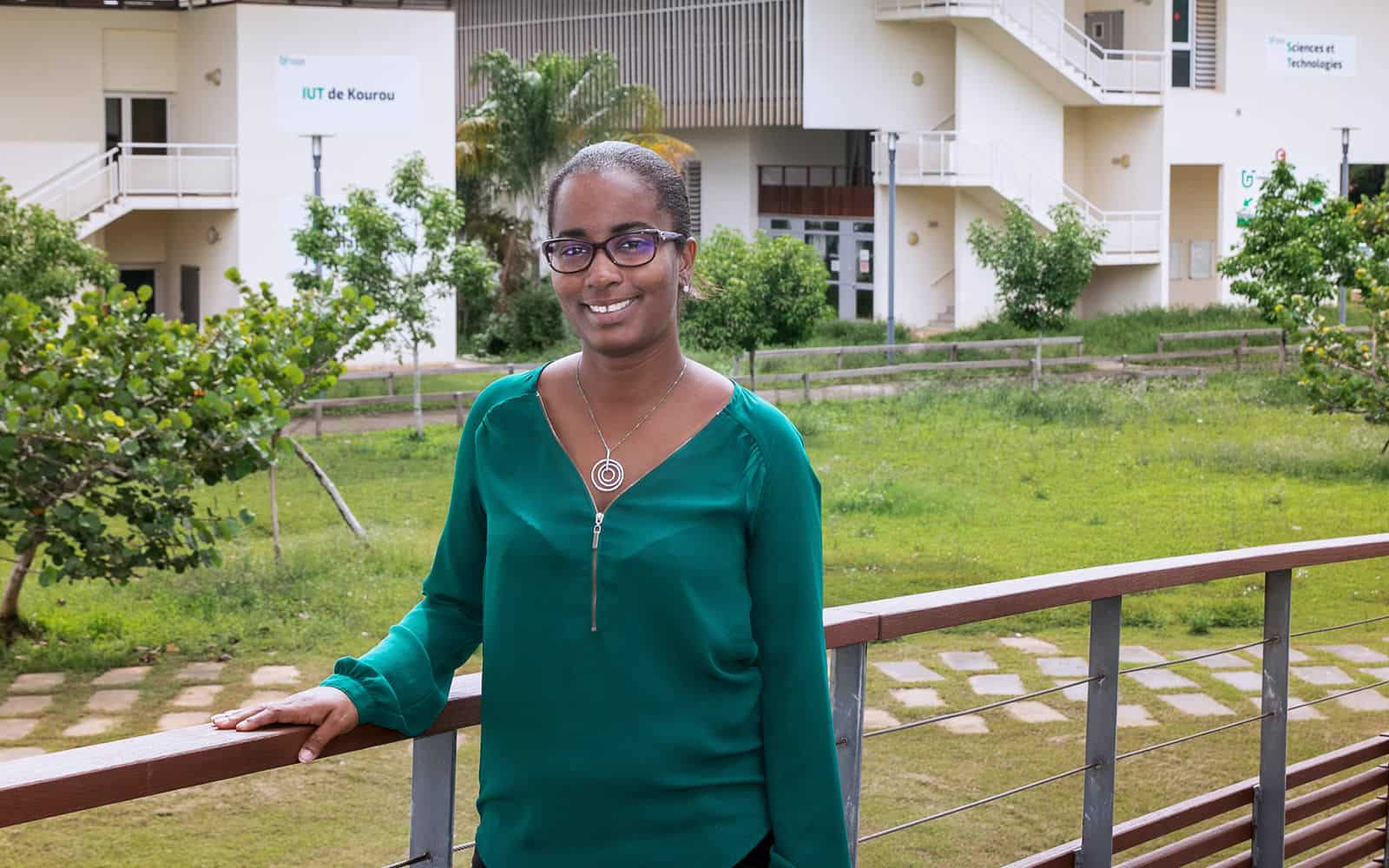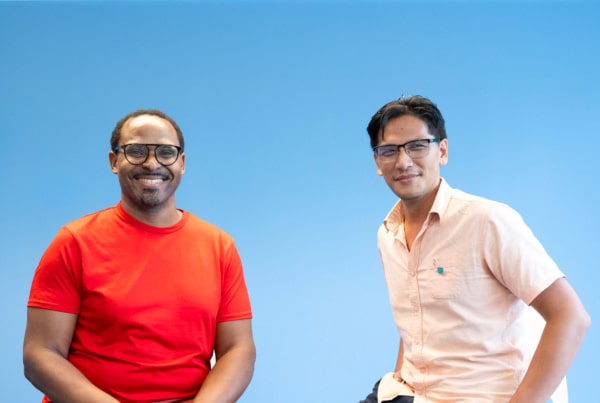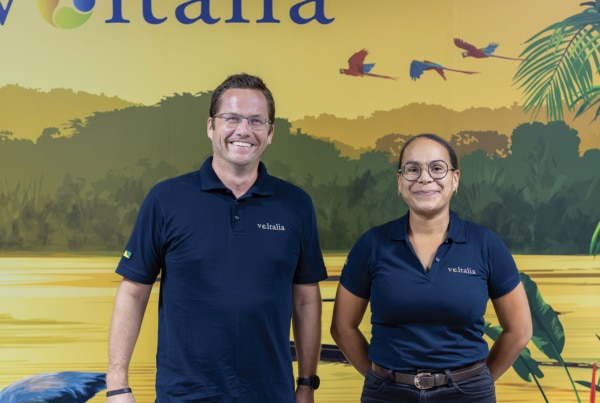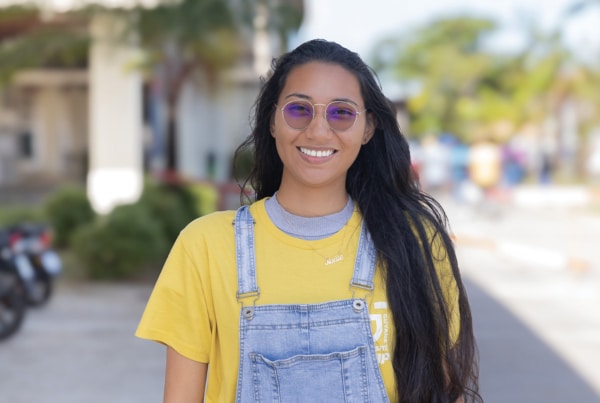
Samantha won the regional final of the Ma Thèse en 180 secondes competition in 2016. She tells us how this experience has changed her life...
What are your career plans?
After my thesis, I want to continue in research. As well as laboratory work, I'd also like to do some fieldwork (going to epidemic areas, taking samples from animals and/or humans, etc.). I'm also considering teaching if possible.
What was your background as a student?
After taking my BAC S, I tried to take the medical entrance exam, which I didn't pass. After that, I did my three-year biology degree at Bordeaux II (Université Victor Segalen). I went on to do a two-year master's degree in biology in Guadeloupe (Université des Antilles et de la Guyane at the time). Once I'd done my Masters, I moved to French Guiana to the Pasteur Institute to do my PhD. And for the post-doctorate period... who knows where research will take me!
Why did you take part in the My Thesis in 180 Seconds competition?
First and foremost and mainly out of curiosity. Some of my friends had already taken part and I'd heard about it. So I thought this would probably be my last chance to take part in the competition. I also wanted to find out if I was capable of talking to people outside my scientific circle and making them understand what I was working on.
Taking part in a competition like this is a real challenge. What did you gain from the experience?
Taking part in this competition gave me the opportunity to set myself a personal challenge: to see if I could do it. I didn't take part to win, but because I thought it would be a good experience that would help me gain confidence in public speaking, know how to convey information that is complicated for most people and make my subject interesting. Above all, it gave me personal satisfaction.
What do you remember about the competition? Would you repeat the experience?
The word competition is not necessarily appropriate, although there are prizes and a winner in the end. During the preparation for MT180s, on the big day and even afterwards when I left for Bordeaux, there was nothing but good humour and complicity between the participants and no sense of competitiveness. We helped each other rehearse, we gave each other tips... During the competition, I was able to meet a lot of people and I've even kept in touch with a lot of the participants.
I would definitely do it again.
As a doctoral student, are you involved in any other initiatives?
I host a radio programme called "Amazonie" in collaboration with Réné Serge DE NEEF on the Mayouri campus radio station. It's a popular science programme. I was asked to host this programme after taking part in the MT180s competition.
What have you gained from this competition?
As I said, it's been a great personal satisfaction, and thanks to this competition I've been able to return to Bordeaux after 5 years, to see my friends and my beloved city again.
From a professional point of view, this competition has taught me public speaking and how to relay information. It's also good practice for preparing to defend your thesis or take part in seminars. The more presentations you do, the more confident you become and the better your elocution.
Any advice for doctoral students who are reluctant to take part?
It's often said but it's true: there's nothing to lose, quite the contrary. And as I said, it's not a competition at all, just a good experience and a personal challenge. It's not as time-consuming as you might think (except perhaps the famous slide...). There's good supervision and people on hand to guide you, whether in your lab or provided by the organisers.




